
News writer; Opinion columnist
Every time you buy a lottery ticket, you dream of what you would do with the jackpot, even if you know that your odds of winning it are long. But what if you could guarantee that you would win every lottery drawing you entered?
It may sound like a fantasy, but UK-based mathematicians David Stewart and David Cushing have devised a formula that shows you only need to buy 27 tickets to win a prize every time you play the UK's National Lottery.
The only catch is that you might not make any money doing it.
UK National Lottery
Before going into the details of how this system works, it's important to note that it can only be applied to the UK National Lottery.
Drawings for this lottery are held twice weekly, and to win, players must correctly choose six numbers between one and 59. If no one correctly picks the six winning numbers, the jackpot is distributed to players who won smaller amounts by picking four or five of the correct numbers.
While the game offers many different prizes, the chances of winning the jackpot outright are one in 45 million, and its largest single prize ever was $28.9 million.
Tickets to play cost 2 pounds each ($2.55).
The system
According to Steward and Cushing, it only requires $69 and 27 tickets to guarantee a win. To be clear, they mean win any prize, including a free play, not just the jackpot (if they did, you can be sure they wouldn't tell anyone).
That means you can still lose money using the system, even if you have a winning ticket. For example, you could spend $69 to win a free play that is only worth $2.55. Similarly, correctly guessing three of the six numbers earns you a prize of approximately $38.
The key to the formula is a mathematical system called finite geometry. To come up with the 27 winning combinations, they had to plot the numbers one through 59 in pairs or triplets on a series of geometric shapes. By connecting each number set with lines, Steward and Cushing were able to generate 27 sequences of six numbers that would guarantee at least one matching pair.
Big wins…or not
Peter Rowlett, a mathemetician at UK's Sheffield Hallam University, studied the system, and while he agreed it is technically effective at generating winning tickets, in 99% of cases, players will still lose money.
Even the system's creators admit that it didn't exactly lead them to unimaginable riches and beach vacations. After buying 27 tickets for a July drawing, they successfully matched two numbers on three of their tickets. None of those three tickets won, so they ultimately received nothing back for the money they spent, even if the system worked as they projected it would.
Cushing told the publication New Scientist:
I came to the conclusion that whenever we were involved, they [the tickets] didn't make any money, and then they made money when we decided not to put them on. That's not very mathematical, but it seemed to be what was happening.
So it is a sound system if you'd like to have a ticket that wins you something, but a poor one to use if you'd like to actually make money.
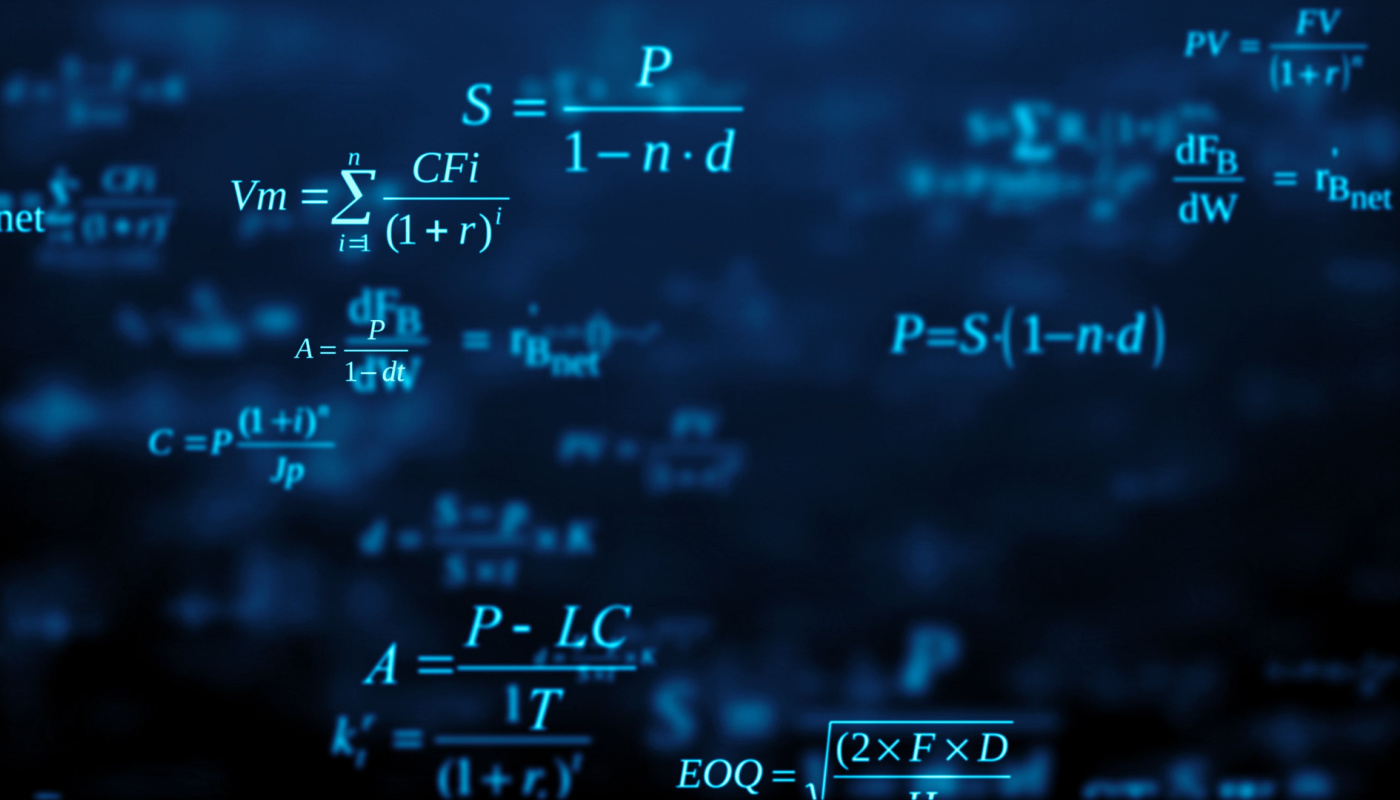


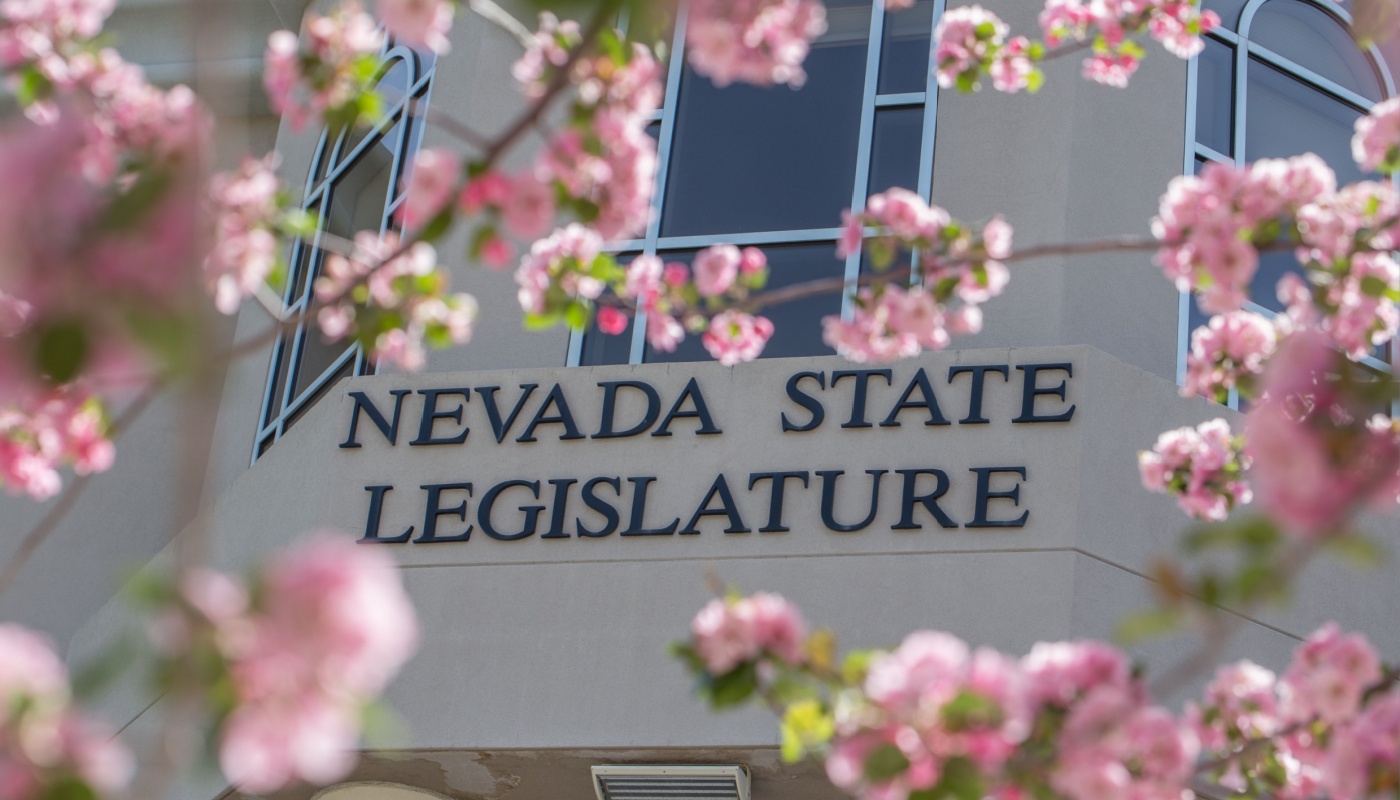

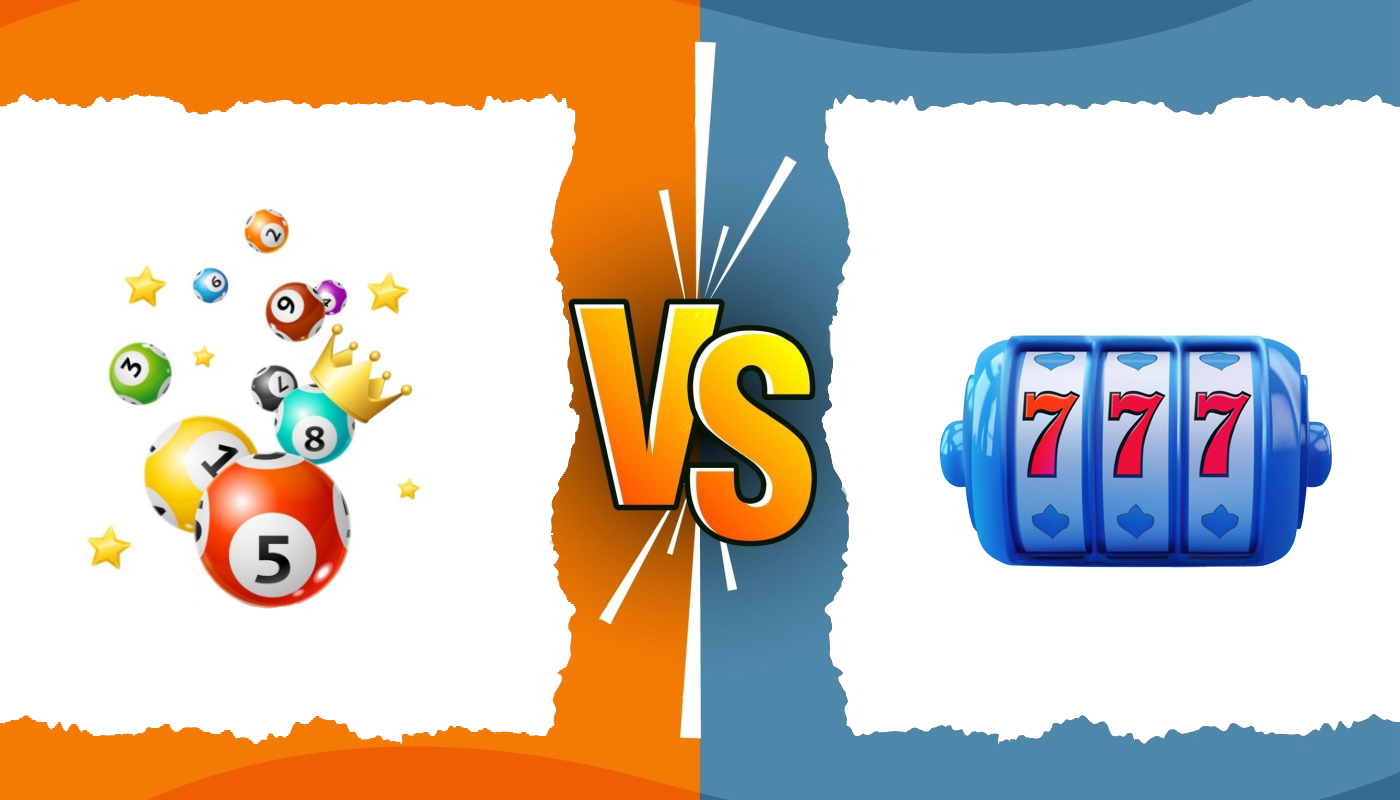

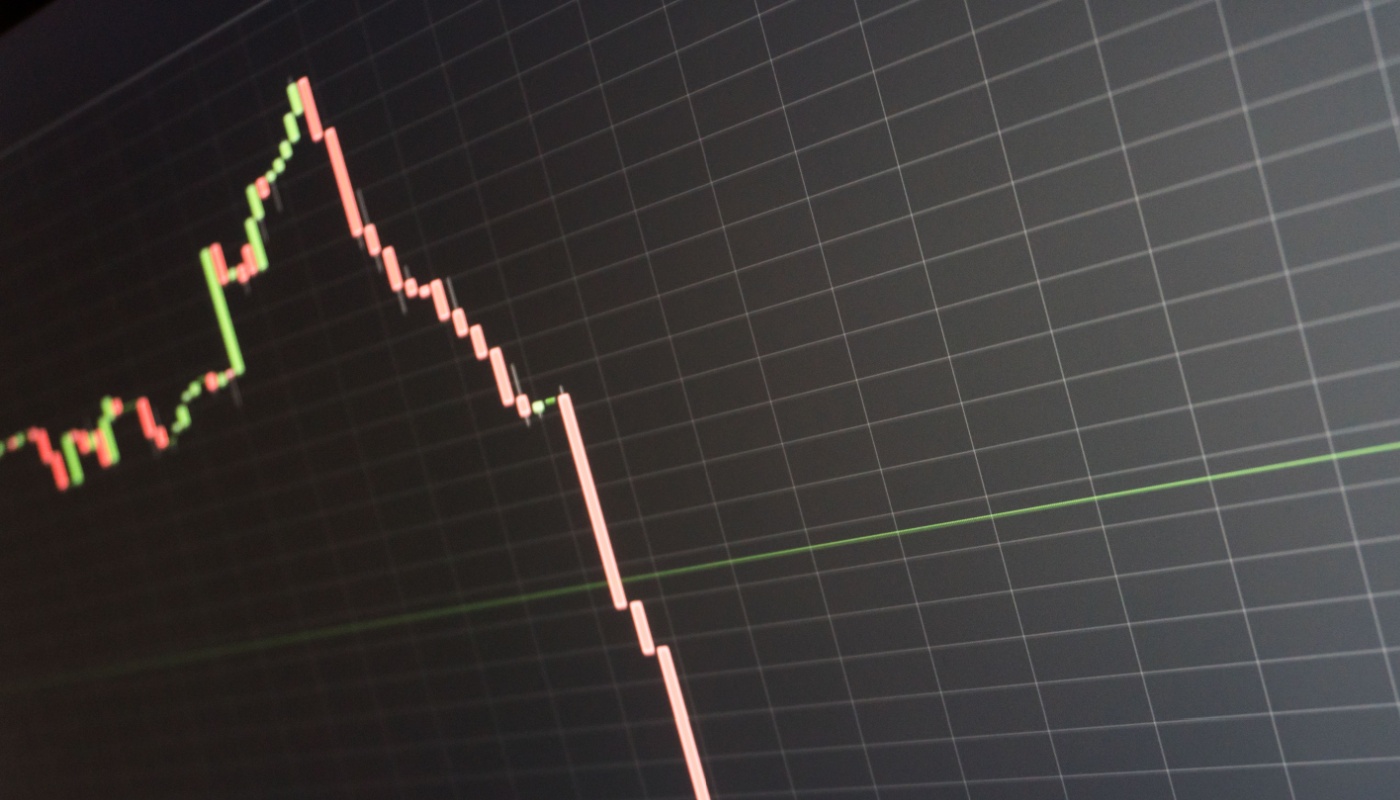



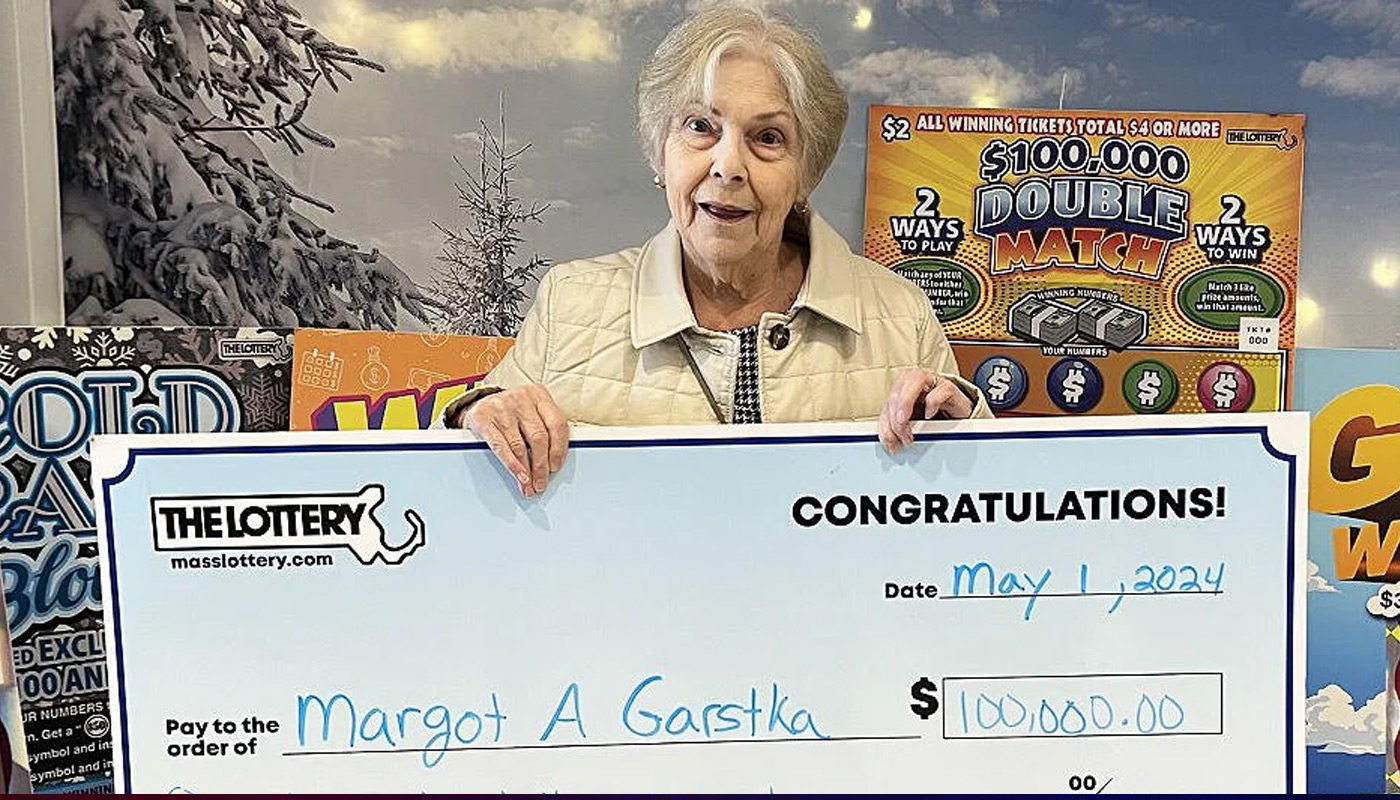









Comments